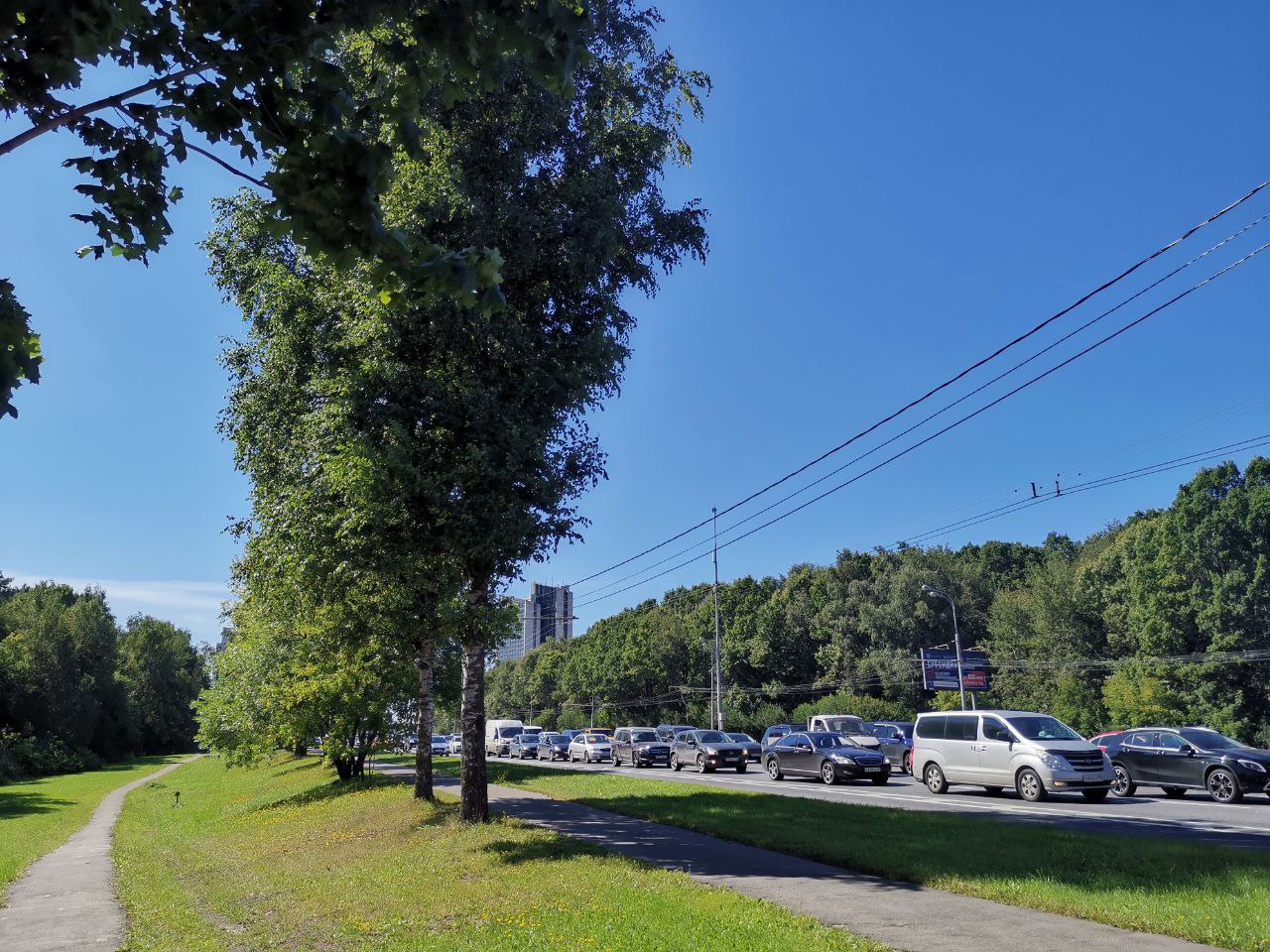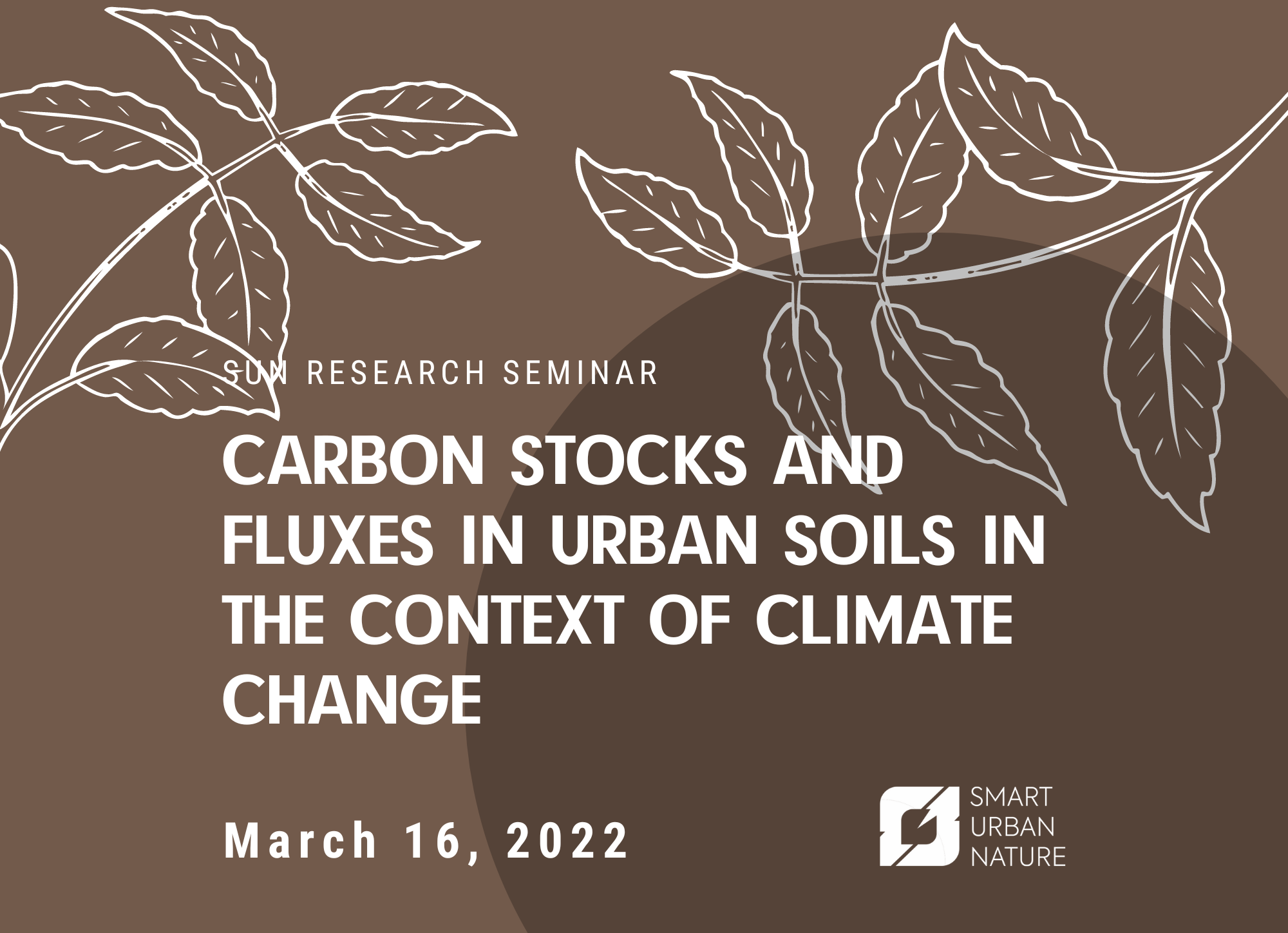Scientists from the Smart Urban Nature laboratory, in collaboration with colleagues from the Netherlands and Italy, have shown that microbial communities living on the surface of leaves are sensitive to transport pollution. With the approach to highways, the activity of microorganisms increases, their species diversity decreases, and the proportion of conditionally pathogenic forms increases. These changes are associated with an increased concentration of pollutants (mainly Zinc) and microclimatic conditions near the roads: low humidity, high temperature and ultraviolet radiation. It is important to note that the study of plant microorganisms will help assess the ecological state of nature in the city and their possible impact on human health. Article published in Plants (Q1) journal. The research was partly supported by Russian Foundation for Basic Research (RFBR) and Russian Science Foundation (RSF).
Carbon stocks and fluxes in urban soils in the context of climate change
International Scientific Seminar of Smart Urban Nature research center
The Research center «Smart technologies for sustainable development of the urban environment in the global change» Agrarian and Technological Institute RUDN University organizes an international scientific seminar «Carbon stocks and fluxes in urban soils in the context of climate change», which will be held on March 16, 2022. The event will take place online on the Microsoft Teams platform.


